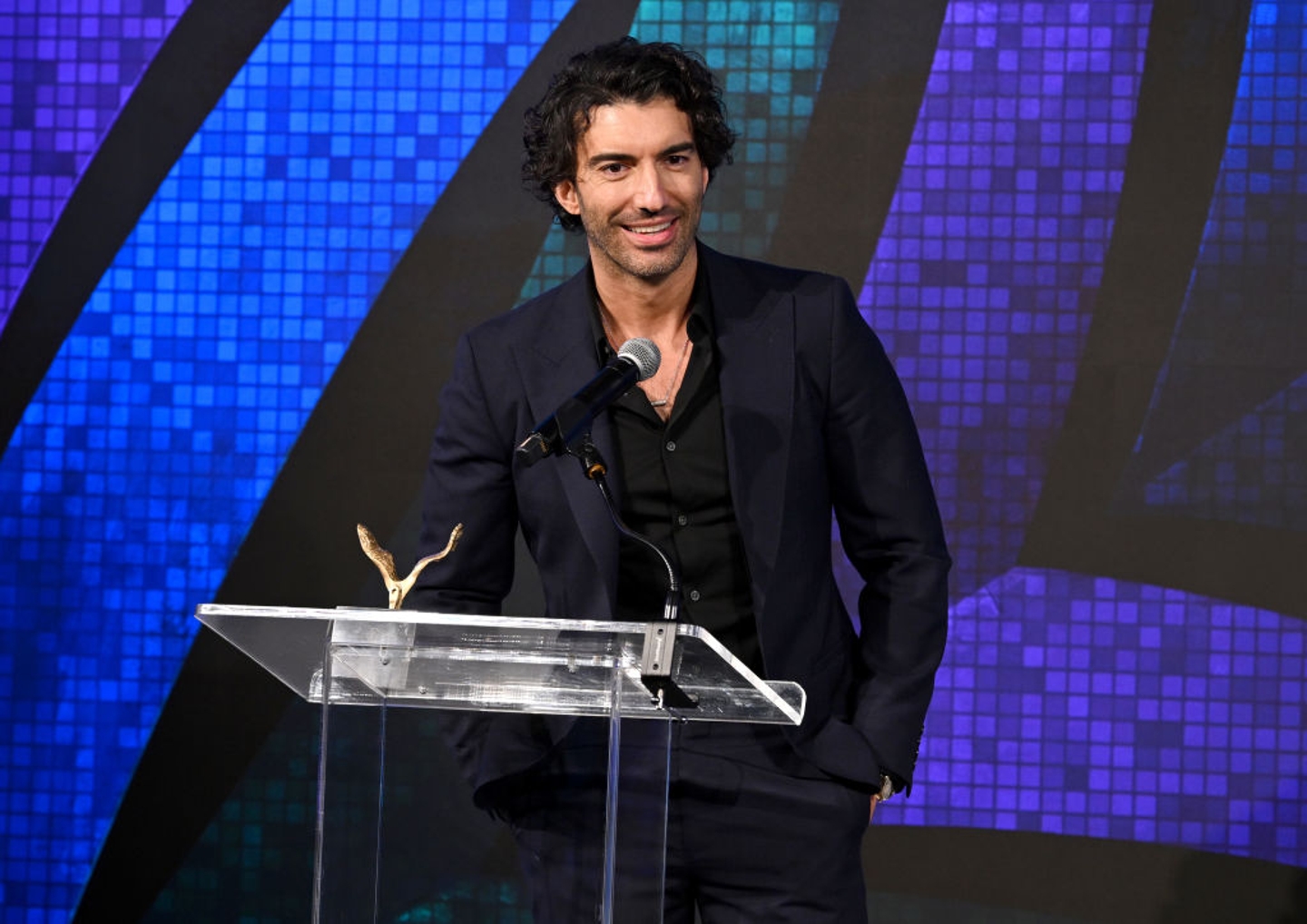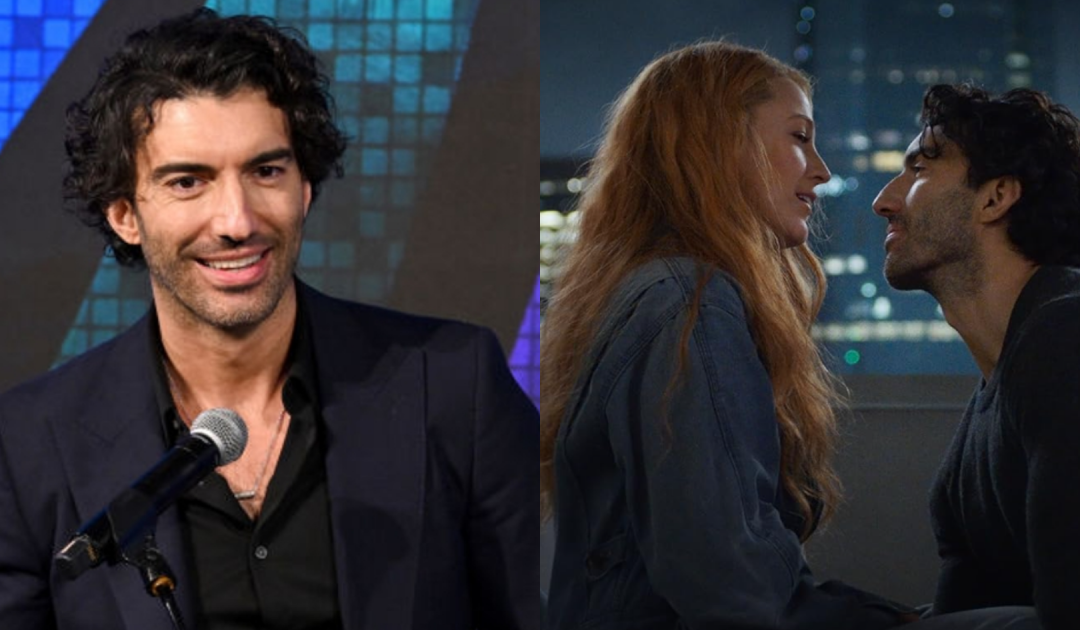Justin Baldoni and Blake Lively co-starred in the 2024 film It Ends With Us, but tensions on set have led to a major fallout.
Actor and director Justin Baldoni has been dropped by his talent agency following the filing of a lawsuit by his co-star Blake Lively.
The two worked together on the film adaptation of Colleen Hoover’s bestselling novel, It Ends With Us.
Baldoni not only starred in the film but also took on the role of director for the project.
The lawsuit has brought serious allegations to light, casting a shadow over the film and its production.
After the film’s release in August, rumors started to surface about alleged tension between Lively and Baldoni.
These whispers of an on-set feud gained momentum as fans speculated and even picked sides.
Lively faced criticism during the movie’s press tour for her responses in interviews, which only added fuel to the controversy.
The situation escalated significantly when she filed a lawsuit against Baldoni.
The filing, initially reported by TMZ and later covered by The New York Times, outlined her grievances.
Reports from Deadline confirmed that Baldoni was dropped by WME, the talent agency that also represents Lively.
This decision reportedly came on Saturday, December 21, just a day after Lively filed her lawsuit.
The legal complaint accuses Baldoni of sexual harassment and alleges that Lively endured a hostile work environment during the film’s production.
The lawsuit also claims that Lively called a meeting to establish clear boundaries and make specific demands regarding her working conditions.

Justin Baldoni was dropped by his talent agency
Bryan Bedder/Getty Images for Vital Voices Global Partnership
According to the lawsuit, Lively requested that no additional sex scenes or explicit content involving her character be added beyond what was initially agreed upon when she signed onto the project.
She also insisted on the absence of inappropriate conversations, such as discussions about cast and crew members’ genitalia, her weight, or Baldoni’s alleged prior struggles with pornography addiction.
Additionally, she demanded that no nude videos or images of women be shown to her on set. However, Lively later alleged that both Baldoni and Wayfarer Studios attempted to tarnish her reputation through deliberate social manipulation, causing her significant emotional distress.
In a statement to The New York Times, Lively said: “I hope that my legal action helps pull back the curtain on these sinister retaliatory tactics to harm people who speak up about misconduct and helps protect others who may be targeted.”
Baldoni’s attorney, Bryan Freedman, strongly denied the allegations, describing them as “categorically false.” He called the accusations “shameful,” claiming that they were a desperate attempt by Lively and her team to repair what he described as her own negative public image, which stemmed from her remarks and behavior during the film’s promotion.
Freedman’s statement argued that the allegations were baseless and part of an effort to deflect blame for the movie’s underperformance.

Blake Lively and Baldoni starred in It Ends With Us
Sony Pictures
Freedman further elaborated: “Interviews and press activities that were observed publicly, in real time and unedited, which allowed for the internet to generate their own views and opinions.”
He described the lawsuit as “outrageous, completely false, and intentionally designed to harm Baldoni’s reputation.”
Freedman also alleged that Lively had threatened not to show up on set or participate in promoting the film unless her demands were met.
As a result, Wayfarer Studios reportedly decided to hire a crisis manager to address potential issues before the marketing campaign began.
The statement suggested that Lively’s behavior ultimately contributed to the film’s poor reception.
Freedman’s statement also included: “It was also discovered that Ms. Lively enlisted her own representative, Leslie Sloan with Vision PR, who also represents Mr. Reynolds, to plant negative and completely fabricated and false stories with media, even prior to any marketing had commenced for the film, which was another reason why Wayfarer Studios made the decision to hire a crisis professional to commence internal scenario planning in the case they needed to address.”
He emphasized: “The representatives of Wayfarer Studios still did nothing proactive nor retaliated, and only responded to incoming media inquiries to ensure balanced and factual reporting and monitored social activity.”
Finally, he pointed out: “What is pointedly missing from the cherry-picked correspondence is the evidence that there were no proactive measures taken with media or otherwise; just internal scenario planning and private correspondence to strategize which is standard operating procedure with public relations professionals.”

